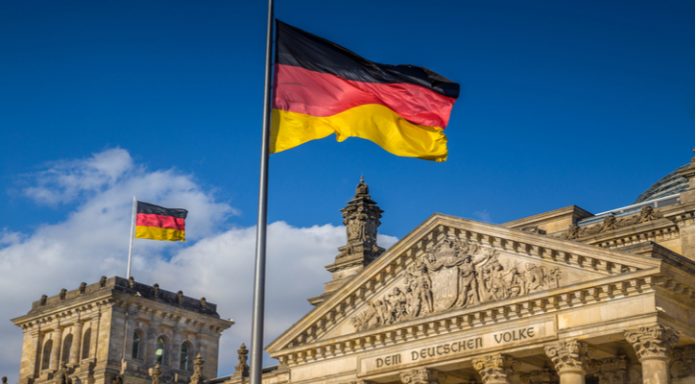- Pound (GBP) is steady after steep losses last week
- UK retail footfall numbers decline
- Euro (EUR) steady despite improving business morale
- IFO German IFO business climate rises again
The Pound Euro (GBP/EUR) exchange rate is holding steady after losses last week. The pair fell -1.5% last week, settling on Friday at €1.1468 after trading in a range between €1.1397 – €1.1681. At 09:25 UTC, GBP/EUR trades +0.03% at €1.1472.
The pound fell sharply across last week after the Bank of England raised interest rates last week by 50 basis points, but the vote was more dovish than the market had been expecting. The pound was also hurt by the gloomy UK economic outlook. Business activity data, as measured by the composite PMI improved but was still below 50, fuelling expectations over a recession in the UK.
As the new week begins, the pound is edging lower in quiet trade. There is no high-impacting UK economic data due to be released today. In fact, this week is much quieter as far as economic data is concerned than last week, which saw the release of employment figures, inflation data, PMIs and retail sales numbers.
The latest shopper numbers in retail destinations from last Monday to Friday were down 7.5% compared to the week before. The data highlights how this snowy weather and a national trail deterred shoppers from venturing out, which doesn’t bode well for the UK economy.
The euro is holding steady despite German business morale improving by more than expected in December. The closely watched German Ifo business climate index where’s to 88.6, up from 86.3 in November and ahead of forecasts of 87.4. the improvement in morale comes as inflation in the eurozone smallest economy shows signs of cooling and amid full gas storage in Germany, which calms worries of an energy supply crunch this winter.
Even so, the government is still expecting a recession in 2023, with the economy due to contract by 0.4% across the year.
Still, the improving business sentiment could suggest that the recession next year will be less severe than initially expected.





